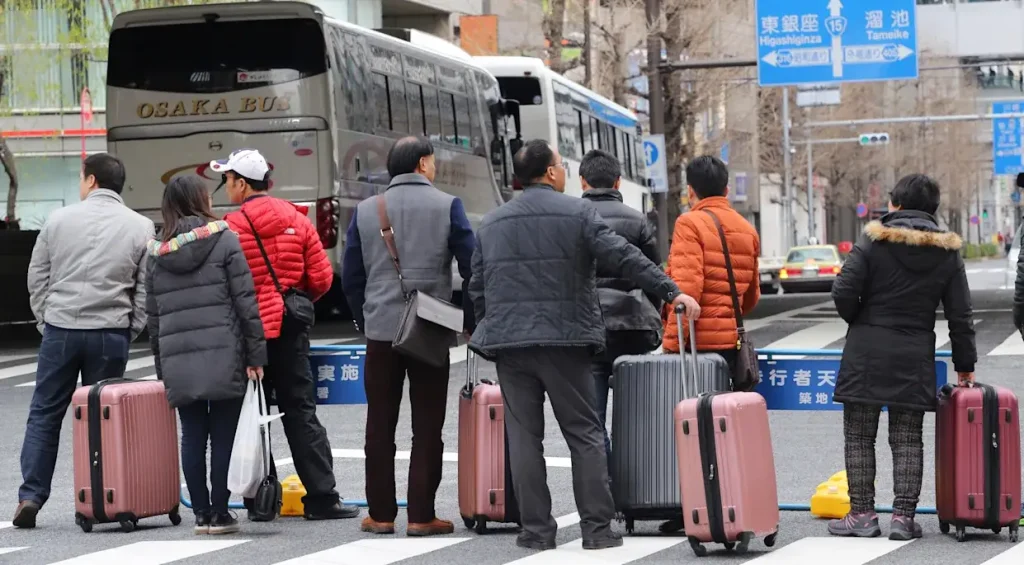
Tokyo, Japan – Japan formally protested on Saturday after China issued a travel advisory discouraging its citizens from visiting the country, following recent remarks by Japan’s new Prime Minister Sanae Takaichi on Taiwan. The advisory signals escalating tensions between Beijing and Tokyo, highlighting the fragile state of China-Japan relations.
Japan’s Response to China’s Travel Advisory
Japan’s government lodged an official protest in response to the advisory. Chief Cabinet Secretary Minoru Kihara emphasized the need for “appropriate measures” from China, stressing that open and multilayered communication between the two nations is essential amid diplomatic disagreements.
According to reports from Kyodo News, China cited “erroneous remarks” by Takaichi regarding Taiwan and alleged attacks against Chinese nationals in Japan as reasons for advising against travel. The advisory encourages Chinese citizens to refrain from visiting Japan in the near future.
China has previously recommended that its citizens exercise caution while traveling to Japan, but the latest advisory appears more forceful, according to the Chinese embassy in Tokyo. Following the announcement, several Chinese airlines offered no-penalty refunds for tickets to Japan, reflecting the potential impact on tourism.
Impact on Tourism and Economy
Japan is a popular destination for Chinese tourists, whose visits significantly contribute to the country’s economy. Travel advisories, especially one of this magnitude, could negatively affect tourism revenue while also fueling anti-China sentiment among some local communities. The diplomatic tension comes at a time when Japan is seeking to balance economic benefits with national security concerns.
Prime Minister Takaichi’s Taiwan Remarks
Takaichi, who became prime minister last month, made remarks in the Japanese parliament stating that a Chinese attack on Taiwan could constitute “an existential threat” to Japan, potentially necessitating a military response. These comments provoked strong objections from China, including a now-deleted social media post by the Chinese consul general in Osaka, which contained aggressive language directed at Japan.
The exchange of statements has resulted in a week-long diplomatic back-and-forth, further straining relations between the two East Asian powers.
Background on China-Taiwan-Japan Relations
China regards Taiwan as part of its territory and has conducted military drills in the waters surrounding the island, raising tensions in the Western Pacific. While Japan and the United States do not maintain official diplomatic ties with Taiwan, the U.S. provides defense support to the island, and Japan remains a key ally of the United States in the region.
Japan hosts several U.S. military bases, including a major naval installation south of Tokyo, making it a strategic partner in regional security and a key player in maintaining stability in East Asia.
Potential Long-Term Effects
Analysts suggest that the advisory may mark the beginning of a rocky period in China-Japan relations under Takaichi’s leadership. With her support for military strengthening and a strong stance on Taiwan, Japan could face intensified diplomatic and economic pressure from China.
Experts also warn that continued tension may affect trade, tourism, and regional security cooperation, while reinforcing existing geopolitical fault lines in the Asia-Pacific.
Conclusion
Japan’s protest of China’s travel advisory reflects the growing diplomatic friction over Taiwan and regional security issues. With Prime Minister Takaichi signaling a tougher stance on Beijing and the Chinese government responding with stronger advisories, the coming months may see heightened tensions, with both countries navigating a delicate balance between diplomacy, economic interests, and national security.


Leave a Reply